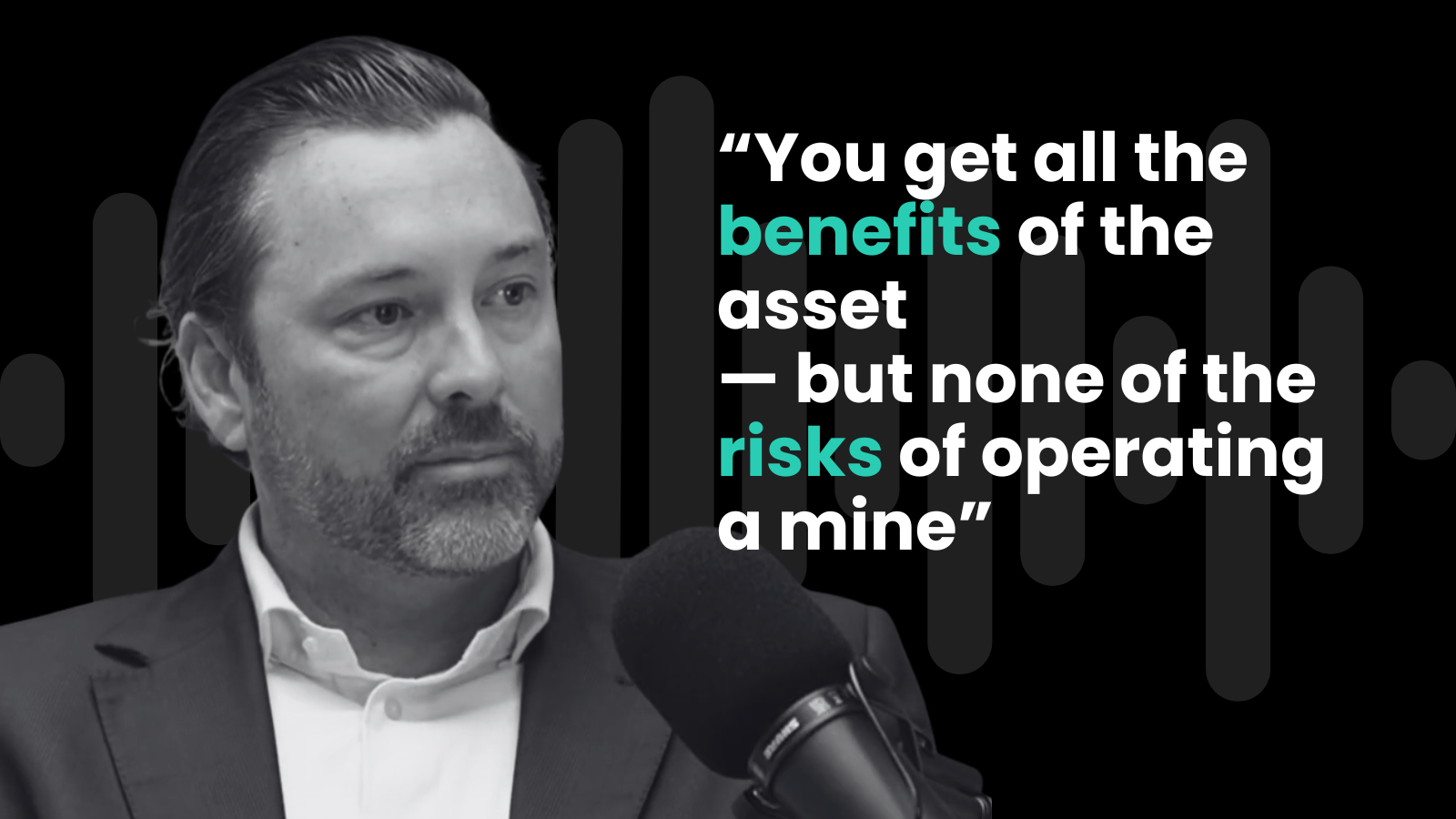As more young people turn to crypto due to disillusionment with traditional investments, Brendan Callan, CEO of Jefferies-owned trading platform, Tradu, highlights how crypto investment can motivate a new generation of retail investors to engage in equity markets.
By Brendan Callan, CEO of Tradu
It’s no secret that UK retail investment is suffering, with the London Stock Exchange (LSE) seeing 30 takeover bids for listed companies this year. Just 8% of wealth held by UK adults is invested in equities and mutual funds – the smallest of any G7 country. Meanwhile retail investor participation has fallen dramatically according to the ONS, from 54% in 1963 to 10.8% in 2022.
LSE chief Julia Hoggett recently claimed that ‘investors are more fearful of investing in the real economy than investing in cryptocurrency’, and there is truth in that. 73% of investors aged 24–45 now favour Bitcoin over gold as a long-term investment, demonstrating the growing appeal of crypto as an alternative investment among younger investors.
With millions engaging with investing for the first time through crypto, this positive interest should be harnessed to drive participation in the stock market. Such enthusiasm could provide a strong base for broader engagement with the UK’s financial ecosystem.
By recognising crypto as a gateway to financial inclusion, the government has an opportunity to broaden young investors’ horizons and build longer-term market engagement, stimulating the UK’s economy, in turn.
- Could a cut in Cash ISA allowances boost UK stock market investing?
- Four scenarios for the UK’s autumn budget
- Rachel Reeves’ surprise speech: Should investors be worried?
The appeal of crypto
Cryptocurrency, in particular, is a popular choice for younger investors because it offers accessibility, transparency, and the promise of high returns, often with lower barriers to entry than traditional markets with limited trading hours.
The rise in crypto investing among young people is concurrent with the growing gamification of financial markets, turning investment into a form of entertainment. Social media, meanwhile, has fostered a community of crypto investors who feel empowered and liberated to make their own financial decisions. Young people appreciate this ease of access; now, all it takes to get into crypto is a laptop or phone. However, investing in the public equities market is becoming just as easy, so why are young people more reluctant when it comes to this segment of the market?
Apathy towards traditional assets
Alternative assets may be trendy, but a strong element of young people’s enthusiasm for them comes from disillusionment with traditional finance. A 2024 Bank of America survey of over 1,000 high-net-worth individuals found that 72% of younger generations believe you cannot achieve above-average earnings through traditional stocks and bonds. Meanwhile, a recent NASDAQ article attributed a scepticism of traditional markets to factors including lower returns, younger investors having a higher risk tolerance, and a growing feeling that conventional investment methods do not align with their values.
Barriers to the stock market, such as the 0.5% stamp duty levied on stocks and shares in the UK, are also dissuading investors compared to less costly assets such as alternatives and international markets. Research from Peel Hunt demonstrates that removing the stamp duty would incentivise investors to invest more in the stock market, altogether stimulating investment in the economy.
Evolving to stay ahead
Young people’s confidence in crypto investing is a strong sign of their eagerness to get invested and start putting their money to work. The UK must take advantage of this enthusiasm to make sure that young UK investors remain engaged in our equity markets, helping them to flourish.
According to a New Financial report, if households in the UK invested a quarter of their financial assets in equities and funds, like their peers in countries such as Sweden and Australia, an extra £740bn of capital could be added to the economy. However, to achieve this, education and technology are essential in providing a gateway to traditional markets.
For many young people, the appeal of crypto investing comes from its simplicity. We must emphasise the huge gains that have been made in the ease of investing in equity markets too and learn from the easy accessibility of crypto investing platforms. Directing investors towards mobile-first, intuitive investment platforms, and providing greater transparency on fees and performance metrics, will help to drive confidence and engagement.
Additionally, scrapping the stamp duty on shares would go a long way in removing barriers to retail investment, and could unlock £3.5 trillion (if UK adults held as much wealth in investments as their US peers) for domestic companies, boosting job creation, and strengthening the UK’s capital markets.
Harnessing young people’s higher risk appetite by enabling retail investors to participate in IPOs could also encourage them to take a more active role in the market. This could work to drive up share prices and boost valuations, helping to bring the LSE out of its listings malaise.
Long-term investing in UK equities must become more attractive, intuitive, and inclusive, and embracing change may just be what is needed to inject confidence and excitement back into our financial markets.





















